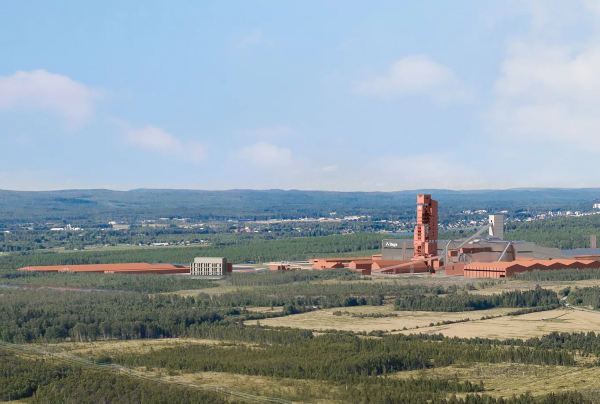Swedish industrial company Stegra, developer of one of Europe’s largest green steel projects in Boden, is under financial pressure after state funding was partially withheld. Although the EU had approved €265 million in Swedish support, only €100 million was released, forcing the company to seek new capital sources to keep the project on track.

Government aid cut due to natural gas use
In September 2024, the first €100 million was paid via the Swedish Energy Agency. However, the remaining sum was blocked by the Swedish Environmental Protection Agency, citing that production is not yet entirely fossil-free, as Stegra plans to use natural gas until a renewable source is available.
Stegra has applied for almost SEK 2 billion ($213.71 million) in new aid from the Swedish Energy Agency and is negotiating with shareholders to raise additional funds. The company is also exploring public support schemes, equity injections and debt financing.
Financing structure and EU support
Stegra initially secured over €6 billion in financing. Of this amount, approximately €4.2 billion came from loans, while €2.1 billion was provided as equity. In addition, the EU Innovation Fund granted €250 million, and the European Commission approved a further €265 million in Swedish state support.
Construction status and timeline
Despite financial setbacks, construction at Boden continues. The Boden plant is being built around electrolysis technology with a planned capacity of 740 megawatts. Instead of coal and coke, the facility will use hydrogen to reduce iron ore, potentially cutting carbon emissions by up to 95 percent compared to traditional blast furnaces. Stegra has already installed 10 electrolysis modules (200 MW). The plant is expected to start continuous operation in 2026, beginning with scrap steel in electric arc furnaces, later integrating hydrogen-based direct reduction.